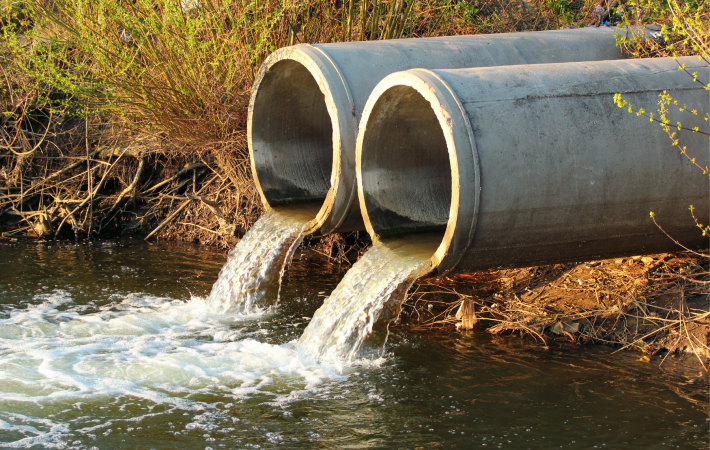
For something with such a gameshow-esque title, there is nothing to laugh about in the concept of nutrient neutrality.
Natural England’s guidance was issued in 2019 following an EU case with an exceedingly long name, known colloquially as “The Dutch Case”. Affected local planning authorities were advised that they should approve new developments only if they were shown to be ‘phosphate and nitrate neutral’.
The result for several districts has been an almost shuddering halt in housing development, problems with plan-making and anxiety about appropriate mitigation schemes. For internal drainage boards in affected areas, it is an added consideration when dealing with their land or managing water courses.
There has been a whole raft of measures previously proposed to achieve mitigation, including wetlands, meadows, and buying credits but most have failed or stalled. In order to get things flowing, the government proposed an amendment to the Levelling Up and Regeneration Bill (LURB). They tried to scupper nutrient neutrality by imposing a new legal duty on water companies in England in affected areas to upgrade wastewater treatment works by 2030.
So far, so devious. Until political expediency got in the way. The late amendment to the LURB was defeated by the Lords following a vociferous outcry from Labour and several environmental groups.
Thus, a victory for the environmentalists and the voles… for now. But where to for the government’s house building targets?
It just goes to show, you can take a Lord to water, but you can’t make it drink.
If you are concerned about these issues, get in touch with our drainage and water management specialists today.

Contact Estelle to discuss this further.